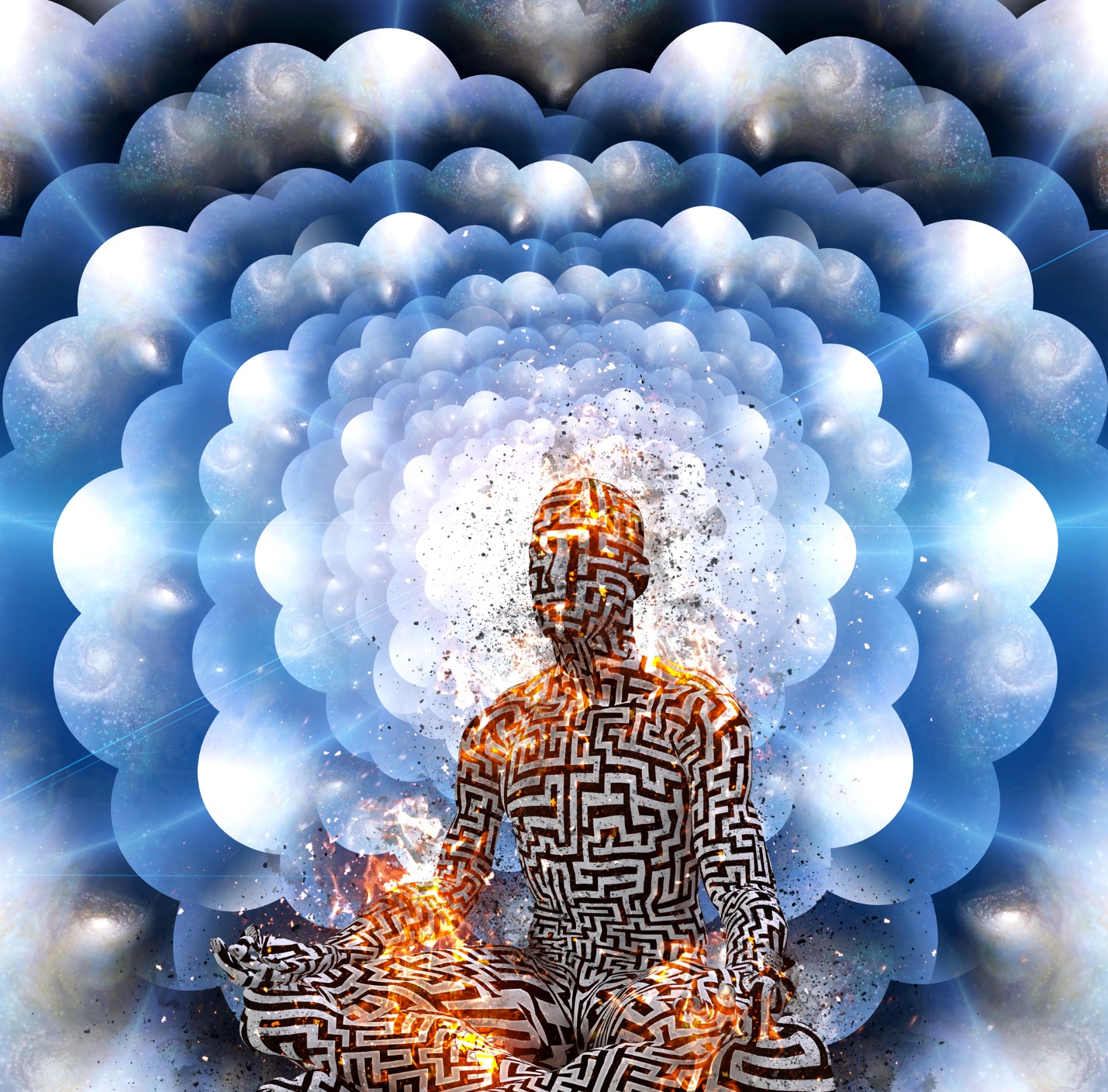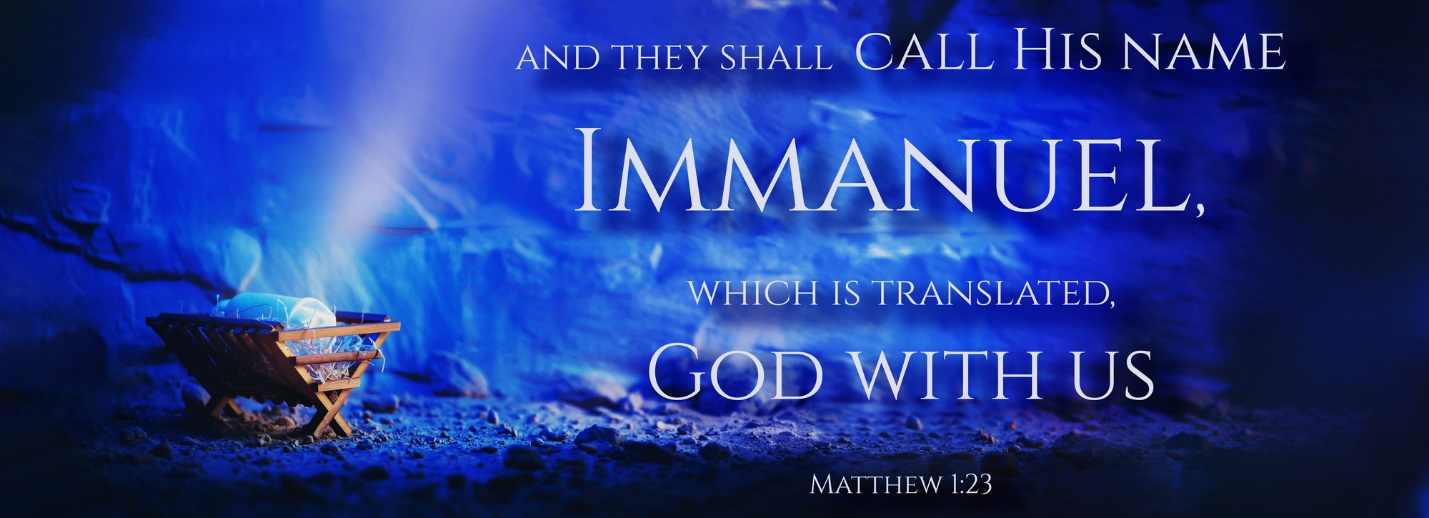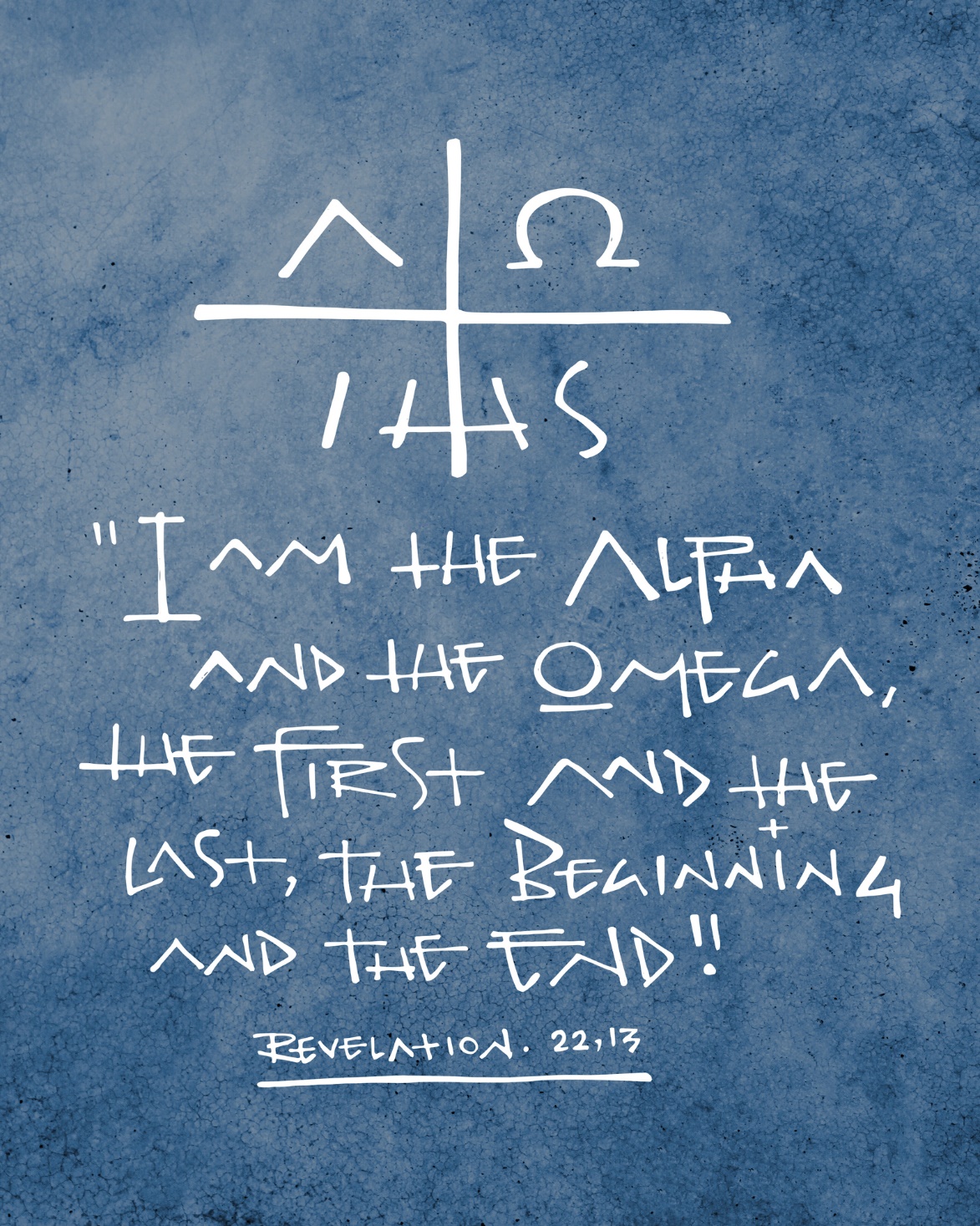BP 217

Time.
Time is fleeting.
“Time flies when you’re having fun” (or, according to Kermit the Frog, “Time’s fun when you’re having flies”).
We are constrained by time.
What can life be worth if the first rehearsal for life is life itself? . . . If we only have one life to live, we might as well not have lived at all” ~ Milan Kundera, The Unbearable Lightness of Being
We are enslaved by time.
Time is book-ended by birth and then by death with a small dash between those two dates on our tombstone.
“All photographs are memento mori. To take a photograph is to partake in another person’s . . . mortality, vulnerability, mutability. Precisely by slicing out his moment and freezing it, all photographs testify to time’s relentless melt” ~ Susan Sontag, On Photography
Memento mori–a trope (“remember you must die”) that reminds us of the inevitability of death and is often symbolically captured by skull and bones, coffins, wilted flowers, the image of the Grim Reaper, or an hourglass whose sands are quickly slipping away.
Time is a great teacher, but unfortunately it kills all its pupils” ~ Hector Berlioz
I hate goodbyes and therefore I hate time because time and distance are what separate me from others until I hopefully see them again. Death is complicated. It is outside of time. I hate it because it takes me away from those I love who are still walking on this planet but I joyfully anticipate it because it takes me to those I love who have already died including . . . Him, Jesus, my best friend and Savior who I live (and die) to see face to face.
Yes, time and death are inextricably bound. Today’s post is focused on time, but the experience of time for humans ends with death. Death ends time. Or does it? I suppose it depends on which of the three most common views of time you embrace—and which view of time you embrace is psychologically and relationally significant. For love. For hope. For being with others.
So, let’s take a look at those three views of time. Much of what I am saying today is inspired by Os Guinness’ book, Carpe Diem Redeemed.
The first perspective on time is the linear secular view. Here we see time viewed through the eyes of atheism or agnosticism. Since God, in this philosophical perspective, is not relevant to the human journey or therefore absent from history, time is ultimately lonely and meaningless since we are here by evolutionary accident. God is not with us. God is dead. Once needed by pre-science humans to explain everything, He has now been killed by the enlightenment, by the hope of reason and man’s technological advances.
Yes, according to this perspective on time, we are alone in the deep, dark universe with no meaning since the material world is all there is. The only meaning we might have is one we accidental beings self-generate. We fictionalize meaning. We make it up. It is a story we write that is not grounded in reality but in our attempts to make meaning out of nihilism, out of nothing.

While a few secularists exult in the optimistic conviction that the power of human reason and technology apart from God will lead to a utopian existence, increasingly such optimism is being undermined by realities such as the deaths of 138,000,000 people under totalitarian regimes in the twentieth century alone. So much for a secular utopia. Paradise seems impossible to humanly generate.
On top of it all, we all still die. Death yet remains the terrible, inexorable guillotine of human hope.
Left to our devices and solutions, time is an existence of despair (if one honestly looks past the blindfold of denial) that ends with hopelessness. Death is the end. Ultimately, we are food for worms. Our future looks back onto our present and announces to us that all is vanity, that we are a mist that will soon vanish forever. The depressing bookends of our lives remind us that we come from nowhere and we are going to nowhere.
This secular, godless view of time is vacuous—a yawning sinkhole. How can anyone truly “live” when life rests on such a dark foundation that is no foundation at all? Nonetheless, many people will rather attempt to embrace this philosophy of life than believe that there could be another option. Why? Romans 1:18ff gives us the answer:
“For the wrath of God is revealed from heaven against all ungodliness and unrighteousness of men, who by their unrighteousness suppress the truth. For what can be known about God is plain to them, because God has shown it to them. For his invisible attributes, namely, his eternal power and divine nature, have been clearly perceived, ever since the creation of the world, in the things that have been made. So they are without excuse. For although they knew God, they did not honor him as God or give thanks to him, but they became futile in their thinking, and their foolish hearts were darkened. Claiming to be wise, they became fools, and exchanged the glory of the immortal God for images resembling mortal man and birds and animals and creeping things.”
As believers in the invisible God, our veils have been lifted from our eyes by grace and we no longer engage in massive denial or suppression in order to stubbornly clutch our belief that we are the captains of our destiny, that we mortals, not the eternal God, are the god of our lives.
The second view of time is the cyclical view. This perspective is most notably embraced by eastern culture where both Hinduism and Buddhism formulate life as a series of repeated events like the seasons or like the human journey where a person is born, grows up, gets old, and dies. In this cyclical view, there really is no meaning to existence—just a circle of life that is repeated over and over and over and over, going nowhere.
This cyclical view of time does advance the notion of reincarnation, the belief that a person dies and is reborn at a social or creaturely level (e.g., human or ant or dog) that is commensurate with the level his karma has earned him. Theoretically, some say that a person might rise high enough in her level of karma over many lifetimes that she will eventually escape the endless “reincarnational” cycle of life. Others say that none of us will ever be able to escape the cycle because karma is ultimately about our badness, never about our goodness.

This eastern cyclical view of human existence guts life of ultimate meaning. History is simply a circular repetition that isn’t going anywhere except maybe toward that (unattainable) escape based on the (impossible) attainment of good enough/perfect karma. This view seems psychologically empty and unsatisfying at best, and at worst seems depressing and the mother of despair. It flows out of a view that sees god as pantheistic—in everything but not existing as a personal being who loves, hears, saves, and pursues men and women.
Once again (overlapping significantly with the linear secular view), time is a space without God—at least without a personal God who can be more intimate with you than your spouse or best friend. The linear secular view idolizes man and nature while the cyclical view does something very similar in the end—it idolizes nature and the power of humans to ultimately escape the forever cycle by being good enough or at least not bad enough.
There is no God in either of these two views of time with whom one can have a relationship that teaches/empowers humans how to love, serve, trust, hope, and experience peace and joy. Never underestimate the power of Jesus to impart all these amazing things into our souls.
There is third view of life and time referred to as linear and covenantal. This view flows from the biblical perspective that a personal God outside of time created the world and everything that is in it including human beings whom He created “in His image” (Genesis 1:27). So, right out of the gate, humans are not accidents of a blind evolutionary process; they are not here alone in the universe; rather, they are creations of a personal God who lives above time who designed, created, loved, and brought men and women into existence on purpose and for a purpose.
This covenantal view of time and history explains that a relational God loves the men and women He created, and that history has a purpose, even a designed end. As one person said, history is His story. The sovereign God has an aim, a reason, a purpose for everything He does. As those created in God’s image, we are not limited by time because the One who made and lives outside of time determines our fate, not time.
There is One greater than time.
I think an amazing Old Testament verse that nicely summarizes this third option of time is found in Isaiah 57:15:
“For thus says the One who is high and lifted up,
who inhabits eternity, whose name is Holy:
‘I dwell in the high and holy place,
and also with him who is of a contrite and lowly spirit,
to revive the spirit of the lowly,
and to revive the heart of the contrite.’”
Here we are informed that there exists a God outside of time—indeed One who inhabits a timeless place called eternity—but who also penetrates the space-time continuum and appears in the world of time to be with His contrite and lowly ones. Yes, He is with us. We are not alone.

Well, let’s cut to the chase—time’s awasting. The linear, covenantal view of time—unlike the largely purposeless cyclical view or the linear secularist view that is defined by a lonely meaninglessness–is full of hope for humans. Psychologically, it means that that there is purposeful meaning to our existence, that this life is not all there is but that we have a beautiful eternal life to anticipate, and that we have been adopted into God’s family so we will not be alone in this world or the next.
Often, here at DTFL, I have reiterated the truth that Christianity is the only path to life because it works and because it makes life hopeful and meaningful. Here then, once again, discussing the meaning of time and history, we see that faith in Jesus delivers amazing perks to those who walk by faith and are not limited to mere physical sight. Why settle for only one way of seeing the universe when God offers you two—physical and spiritual?
Sadly, life without God is always about settling for less. Why would anyone choose to have less when they could have more? Unbelief. Rebellion. Inability to comprehend spiritual truths. As Romans 8:6ff says, “For to set the mind on the flesh is death, but to set the mind on the Spirit is life and peace. For the mind that is set on the flesh is hostile to God, for it does not submit to God’s law; indeed, it cannot. Those who are in the flesh cannot please God.”
Ultimately, the covenantal view of history and time means that we are not alone in the universe now and that we will not be alone after we die. We are not meant to be food for the worms; rather, we are meant to transcend time and death and sin and live with our Creator forever. We will live beyond this material world.
Possibly, time appeared when Adam and Even fell in the garden. Maybe rebellion against God brought the limitations of time into our world especially if one sees death as the master of time. But God sent His Son to deliver us from the constraints of mortal time.
God will be with us in time now and He will be with us when we rise to be with Him and surmount time.
The great battle in our world is between presence and separation that impacts us now as well as in the eternal future. Will you choose God’s presence and the presence of other humans embodied in the command, “Love one another as I have loved you?” Or will you insist on going your own self-centered way farther and farther from God until you would even go to hell to get away from Him?
Tim Keller wrote, “Even in this world it is clear that self-centeredness rather than God-centeredness makes you miserable and blind. The more self-absorbed, self-pitying, and self-justifying people are, the more breakdowns occur, relationally, psychologically, and even physically. They also go deeper into denial about the source of their problems. But if, as the Bible teaches, our souls live on, then hell is simply one’s freely chosen path going on forever and ever. We wanted to get away from God, and God, in his justice, sends us where we wanted to go.”

Yes, the linear covenantal view of time tells us that the personal God who created us but against whom we rebelled calls us to be reconciled to Himself through the sacrificial death of His Son. Those who reject His invitation are choosing an existence (a version of time) that leads to increasing gradations of distance from God that eventually result in hell. Hell is the place where God will not be. God never sends anyone to hell against their will.
For those who choose to respond to His call by turning to Him and crying out for His saving presence, time will have purpose, joy, and melt away into a highly anticipated future beyond this world. They will never be enslaved to time or sin or death but will be set free to live outside of time with all those who loved Jesus more than their earthly idols in time.
So, choose the version of time we are taught in God’s word. The God who inhabits eternity will be with you in this season until the long winter is passed and you fly out of time into His eternal presence which is immeasurably better than earthly summertime.
“For while we were still weak, at the right time Christ died for the ungodly. For one will scarcely die for a righteous person—though perhaps for a good person one would dare even to die—but God shows his love for us in that while we were still sinners, Christ died for us” ~ Romans 5:6-8
“And I heard a loud voice from the throne saying, ‘Behold, the dwelling place of God is with man. He will dwell with them, and they will be his people, and God himself will be with them as their God. He will wipe away every tear from their eyes, and death shall be no more, neither shall there be mourning, nor crying, nor pain anymore, for the former things have passed away.” And he who was seated on the throne said, “Behold, I am making all things new.” Also he said, “Write this down, for these words are trustworthy and true.” 6 And he said to me, “It is done! I am the Alpha and the Omega, the beginning and the end” ~ Revelation 21:3-6

